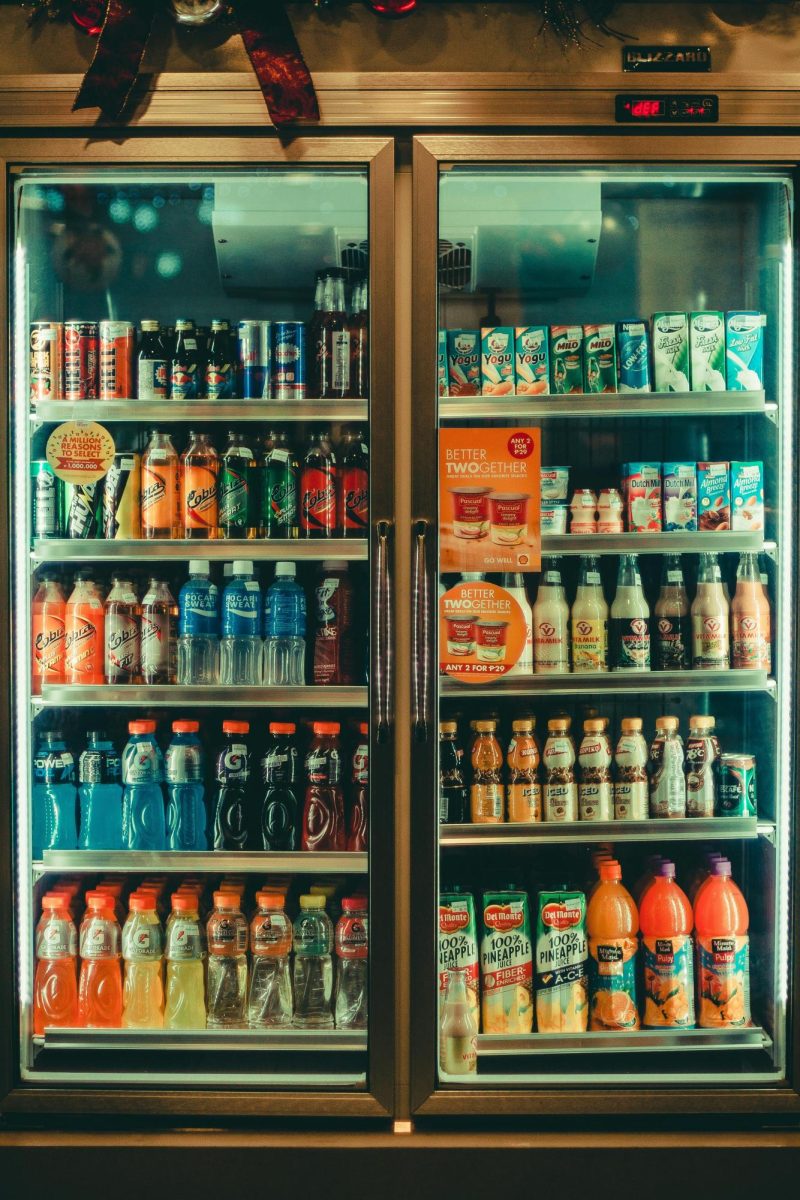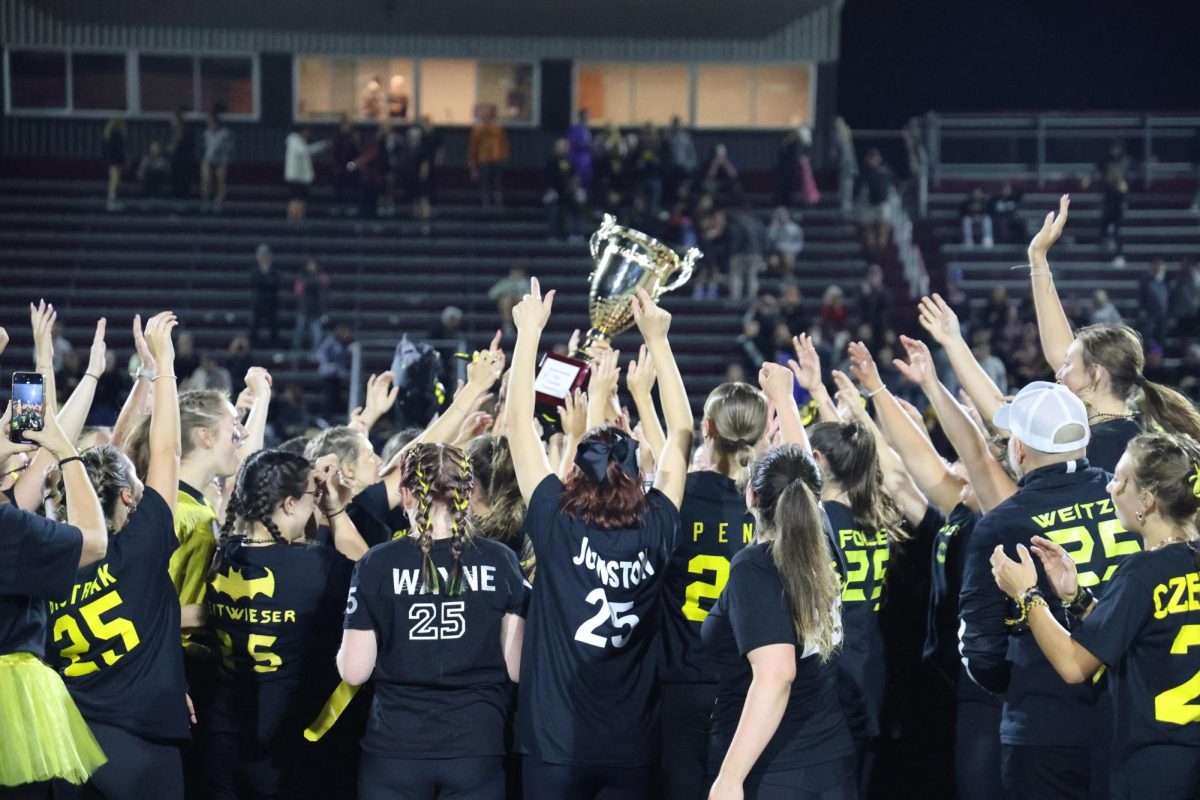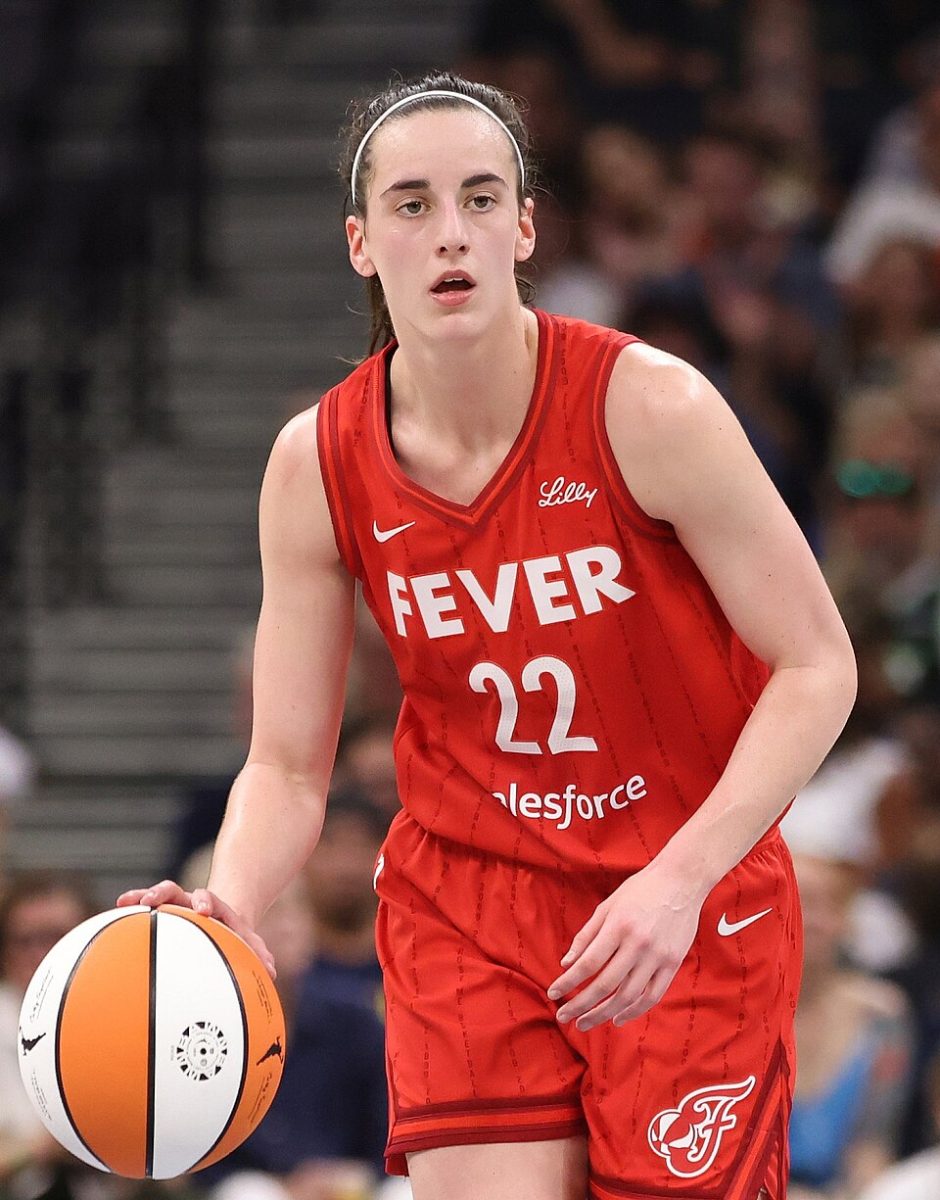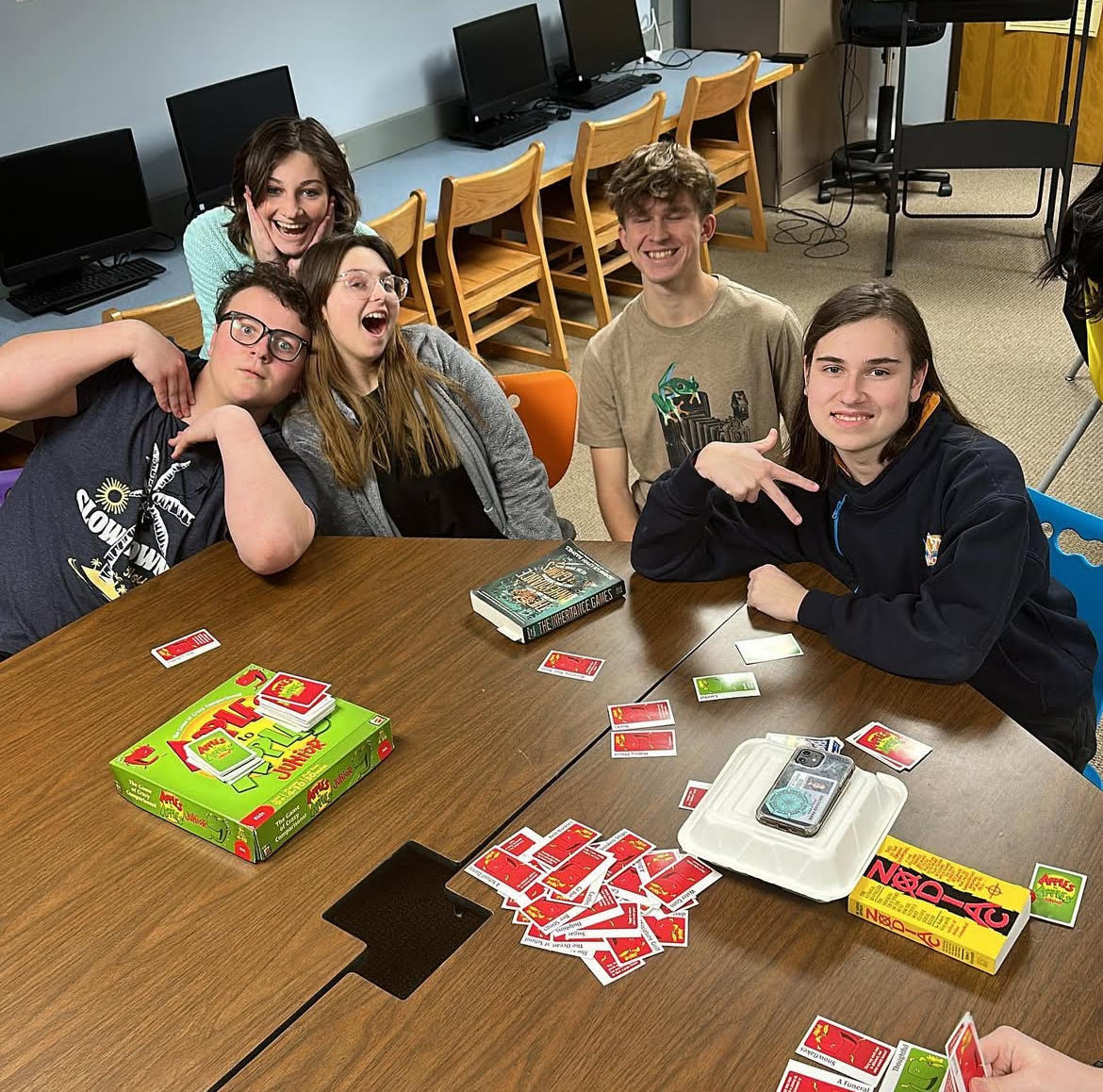If you walk down a busy hall of any high school today, you would probably see about 6-8 students with an energy drink or coffee. Throughout the whole school, you could expect to see 1 in every 5 with an energy drink or students having already consumed one. So what’s the big deal with consuming all this caffeine?
Many students who drink coffee or energy drinks regularly report drinking them because they are tired after struggling to sleep, or because they want to feel more energized and alert in class. Many opt for an energy drink because they prefer the convenience of them, as well as the taste. Oftentimes energy drinks come in sales such as 2 for $6, which can be appealing to highschool students who are on a budget. As for students reaching for coffee instead, this tends to be because they feel as though it’s a semi healthier choice over energy drinks.
There are known health benefits to consuming caffeine from either energy drinks or a cup of coffee, such as increased levels of alertness, and improved mental performance; caffeine also decreases the risk of conditions such as Type 2 diabetes, Parkinson’s, liver disease, and certain cancers. While this information may be true when following a recommended dose of caffeine, do these facts remain true when over-consuming caffeine? Overconsumption of caffeine, or caffeine toxicity, can lead to high blood pressure, disorientation, vomiting, and heart arrhythmias. There is no recommended dose of caffeine for anyone under 18, while adults should not exceed 400 mg a day. “Since I drink caffeine so frequently, I feel like if I don’t drink it, I get thrown off,” said Gia Fanutti when asked if she feels a difference on days not consuming caffeine. Caffeine is only mildly addictive, but, for many, skipping just one day or drinking less than normal can lead to headaches or nausea.
Coffee has been found to be rich in many micronutrients and antioxidants, while energy drinks can contain herbal supplements, but there are better and safer options out there than these. Some of these include matcha, yerba mate, or hydrating foods. To start, matcha is a natural green tea powder that is mixed with water to give an energy boost. The difference between matcha and energy drinks or coffee is that matcha will release the caffeine more slowly into the bloodstream preventing you from “crashing.” Also, certain amino acids found in matcha can help to regulate anxiety associated with any caffeine stimulant, improving cognitive performance.
Yerba mate, another tea, can also provide a similar caffeine buzz you might get from coffee while allowing someone to avoid a crash once the caffeine has gone through the bloodstream. An even easier to prepare energizing solution to switch to is drinking water and pairing it with hydrating foods like apples, berries, melons, celery, or lettuce. These foods will help to restore glucose levels in the bloodstream giving you more energy without overconsuming sugar and throwing off your body’s balance. These are just a few well-known alternative substances, but there are many more out there. It is important to remember when shopping that some substitute food/drinks may be labeled as “natural,” but this doesn’t necessarily mean they’re healthy. Simply adding vitamins and minerals to things doesn’t make them healthier unless the harmful additives are taken out.
For students though, some of these alternatives aren’t enjoyed as much for a few reasons, one of the main ones being sugar. Most energy drinks or coffee are either loaded with sugar or sugar alternatives like artificial sweeteners. Because of this, the consumption of these beverages only continues and increases over time as one grows more dependent on them. “I know some teas contain caffeine, but I don’t like tea,” said Sara Bushen. Oftentimes students may have tried alternatives but find that nothing gives the rush they feel from an energy drink. Ryan Korbs agrees saying, “I haven’t tried anything that I enjoyed more.”
Over the past decade, there have been numerous teen and adult fatalities from energy drinks. Many cases report victims collapsing due to heart convulsions and then either passing away immediately or going into a coma. This raises the question: is an energy drink worth one’s life? For most, the answer is no, but then comes the challenging part of trying to quit. Typically one doesn’t go cold turkey without feeling physical discomfort, so many start by cutting their caffeine consumption in half each week until they are able to eliminate these drinks entirely. So while energy drinks may be a nice energy boost in the moment, they pose serious risks to one’s health. Quitting may be difficult, but it’s a challenge worth undertaking.






